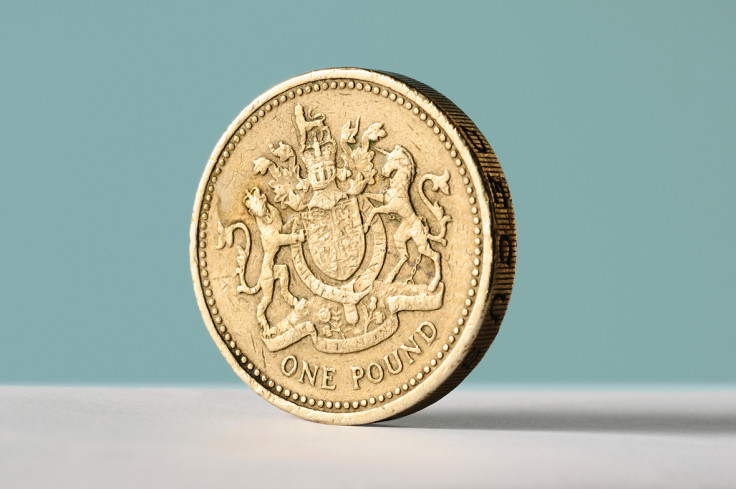UK inflation breaks through Bank of England's 2% target
Inflation rises 2.3% year-on-year in February, beating expectations for a 2.1% rise.

Inflation in Britain soared past expectations in February, breaking through the Bank of England's 2% target for the first time in three years, as the cost of fuel and food increased markedly.
According to data released by the Office for National Statistics (ONS) on Tuesday (21 March), inflation rose 2.3% year-on-year last month, up from the 1.8% reading recorded in January and higher than the 2.1% figure analysts forecast. The increase was the fastest on record since September 2013.
Rising transport costs, particularly for fuel, were the main contributors to the increase in the rate, the ONS said, adding that fuel prices rose 0.3% between year-on-year in February following 31 consecutive months of prices falling on the year.
On a monthly basis, inflation rose 0.7% last month, compared with a 0.5% decline recorded in the previous month and higher than analysts' expectations for a 0.5% increase.
The ONS said that sterling weakness, which has seen the pound fall by some 16% since the June Brexit vote, had contributed to increase in price across both categories.
"Today's inflation bulletin from the ONS feels somewhat like Groundhog Day, as the fall in sterling continues to make its way through to the high street," said Ben Brettell, senior economist at Hargreaves Lansdown.
"The UK economy relies heavily on consumer spending and a squeeze on household budgets would not be good news."
Last week, the Bank of England reiterated it will tolerate inflation overshooting its target only as long as it supports the economy.
"As the committee has previously noted, there are limits to the extent that above-target inflation can be tolerated," the Bank said.
"The continuing suitability of the current policy stance depends on the trade-off between above-target inflation and slack in the economy."
Howard Archer, chief European and UK economist at IHS Markit, added: "The marked pace at which consumer price inflation is rising is uncomfortable both for consumers and for the Bank of England. Consumers' purchasing power is now being seriously squeezed.
"While the Monetary Policy Committee will be far from happy with the February inflation data, we suspect that its temptation to raise interest rates will be tempered by mounting evidence of a slowing UK economy as consumers rein in their spending."
© Copyright IBTimes 2025. All rights reserved.






















